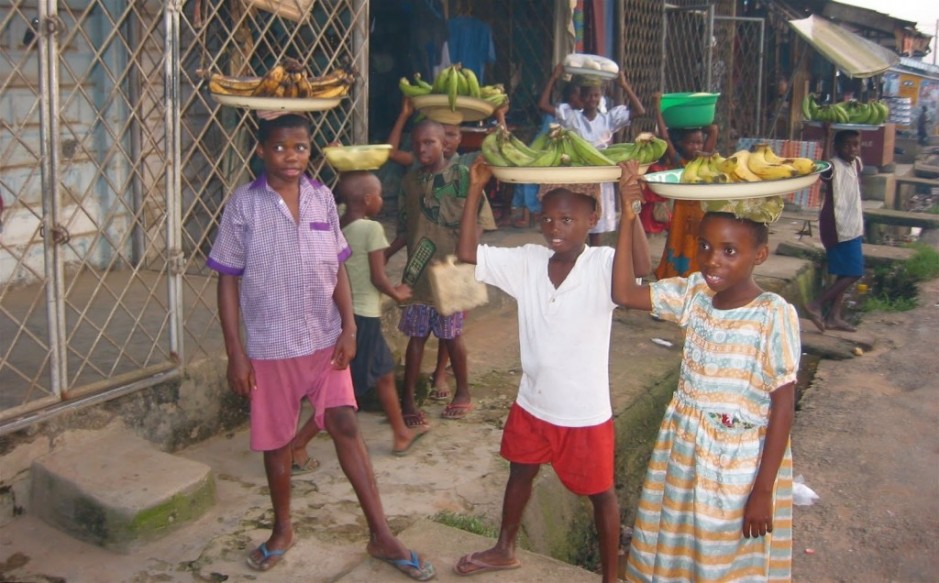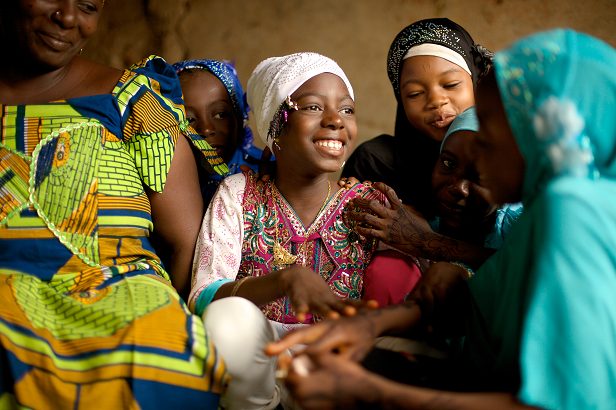An advocacy group, Community Building and Development Initiatives (CBDI), on Tuesday said only two per cent of domestic violence cases against women were being reported in Nigeria.
Olayinka Ibrahim, the director of CBDI in Osun, made the disclosure in an interview with the NAN.
“A lot of violence against women goes unreported by the victims because of stigmatisation and fear of further abuse,” Ibrahim said.
He described violence against women as “an act or action of one or group of people capable of causing harm to the woman physically, mentally or psychologically”.
Ibrahim said women of all ages and the girl-child were major victims of such act.
Advertisement
According to him, cases of domestic violence go unreported because, often times, they are treated as family matter.
“It often leads to permanent physical or psychological injuries or even death of the victims,” he said.
“In cases of domestic abuse between a wife and her husband, most cultures place men higher, above women, and religion also supports the superiority of men over women.
Advertisement
“This often makes reporting domestic violence to the appropriate authorities impossible by the victims.
“We have handled well over 100 cases, but mostly, the victims are not always ready to prosecute the matters.”
Ibrahim said cases of violence against women include rape, wife battery, female genital mutilation (FGM) and girl-child marriage.
The director said that this was rampant in the north and largely responsible for Vesicovaginal fistula (VVF).
Advertisement
He said female genital mutilation was also being under-reported, citing cultural acceptability of the practice as reason for the development.
Ibrahim, however, said that his group was seriously campaigning against the practice of fgenital mutilation because of its “evil and danger on the girl-child”.
He said that the campaign became imperative in view of many health implications of the practice including severe pains, excessive bleeding, shock, urinary problems, HIV and even death of the girl-child.
Ibrahim urged the public not to stigmatise victims of violence, but show love and respect to enable them to come forward to report such cases to the appropriate authorities.
Advertisement
He also called on the government to strengthen its agencies to do more, saying that human rights education should be part of schools’ curriculum from the elementary to the tertiary level.
Advertisement
Add a comment






